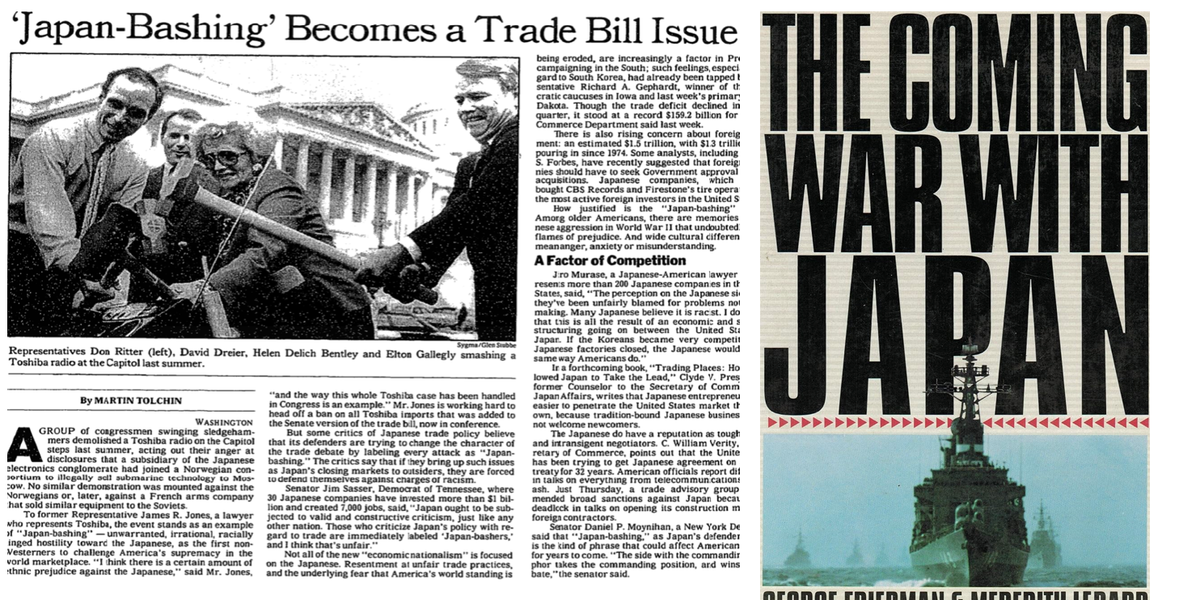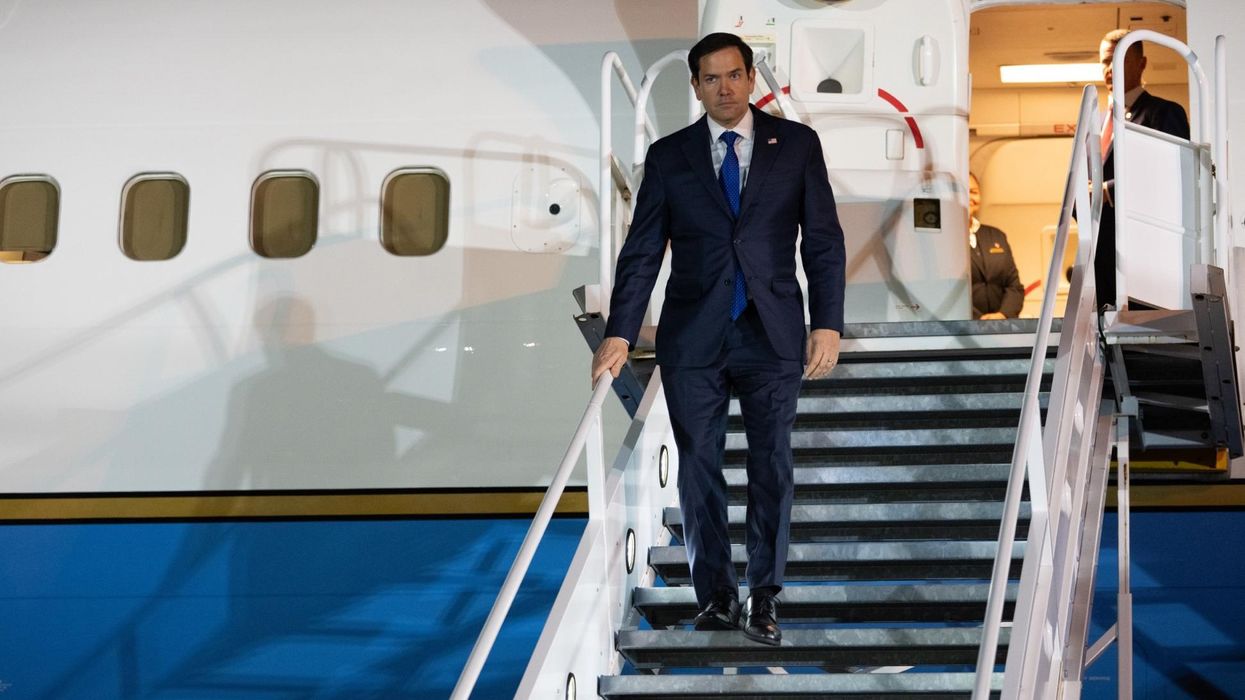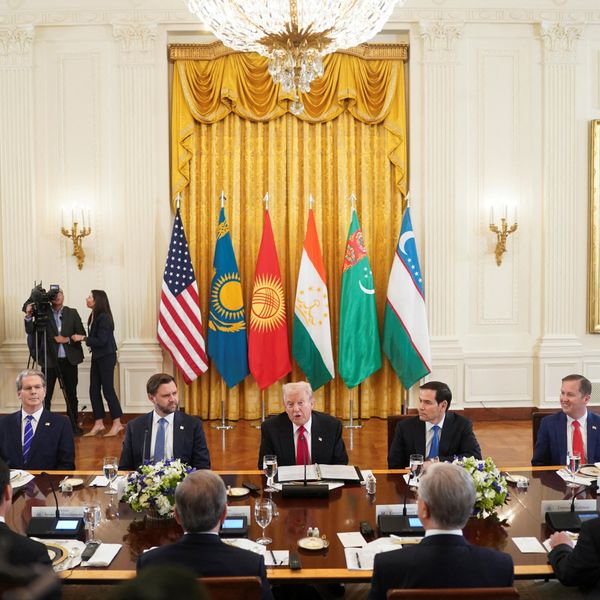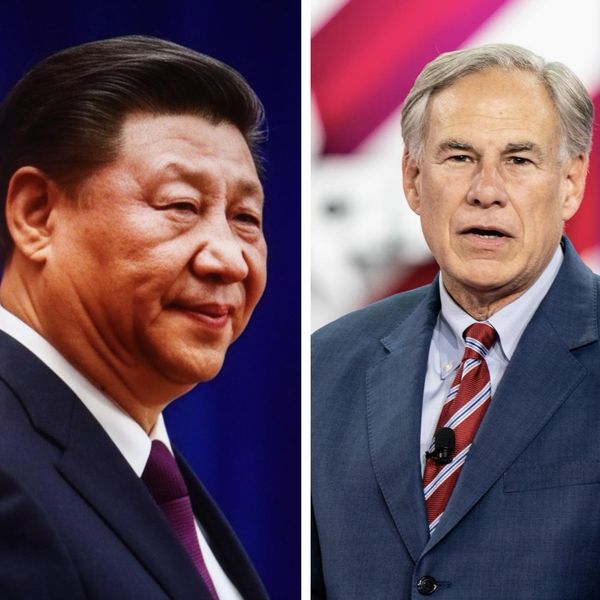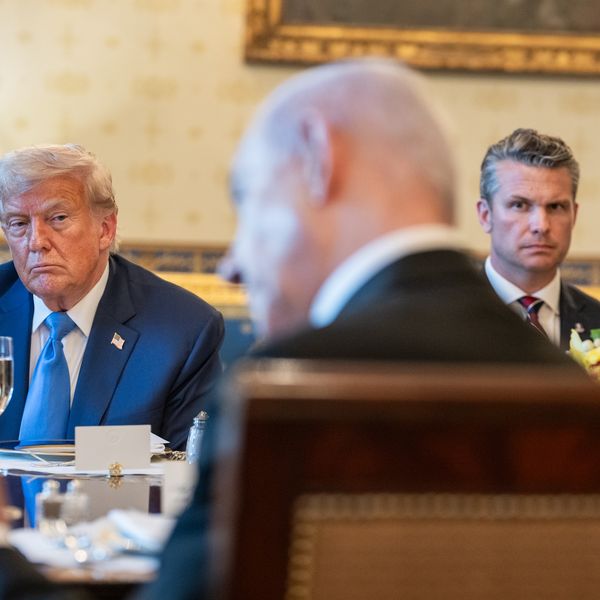The most important security issue for the United States, the contest/competition/rivalry with China, may soon fade away.
The plausibility of this proposition is enhanced if we take as a parallel not the rivalry with the USSR during the Cold War, but the one that smoked through the 1980s and early 1990s when Japan appeared to be becoming “Number One.” The rather benign ending of that rivalry may have something to say about what will happen as China slides into what many suggest will be a lengthy period of slow growth or even stagnation.
In both cases, the perceived threats have been primarily economic.
Japan
As with China today, concerns about Japanese economic growth and business practices were once intense and widespread.
In a 1987 best-seller, Yale’s Paul Kennedy confidently listed a set of reasons why Japan was likely to expand faster than other major powers, stressing the country’s “immensely strong” industrial bedrock and its docile and diligent work force. He also predicted that Japan was likely to become “much more powerful” economically.
Meanwhile, Harvard’s Samuel Huntington assured us, in phrases that sound much like what we are hearing about the China challenge today, that a need had suddenly arisen to fear not “missile vulnerability” but “semiconductor vulnerability,” that “economics is the continuation of war by other means,” and that there was danger in the fact that Japan had become the largest provider of foreign aid and had endowed professorships at Harvard and MIT.
One book of the time was even entitled, "The Coming War with Japan," and some analysts argued that Japan by natural impulse would soon come to yearn for nuclear weapons.
Fareed Zakaria, managing editor of Foreign Affairs at the time, recalled a few years ago his experience “sorting through manuscript after manuscript arguing that Japan was going to take over the world.”
The public responded to this threatening perspective — especially after the diabolical Japanese bought Rockefeller Center (which they later sold at a loss) and a major Hollywood film studio. By 1989, the Japanese “threat” was seen by the public to be nearly comparable to the one posed by the still heavily armed Soviet Union, and America was convinced that Japan would be the number one economic power in the next century.
Politicians predictably followed suit, finding that Japan-bashing sold well. In 1987, several members of Congress publicly sledgehammered Toshiba products on the front steps of the Capitol. Meanwhile, Donald Trump complained at the time, “They come over here, they sell their cars, their VCRs. They knock the hell out of our companies,” and, “First they take all our money with their consumer goods, then they put it back in buying all of Manhattan.”
These concerns evaporated in the early 1990s when Japan's “threatening” economy stagnated and the American one surged. Huntington quickly decided that, as it turned out, the real problem was actually a “clash of civilizations” like the one going on at the time in Bosnia, and Kennedy moved on to warn of the dangers from job‑stealing robots and — as the rise in world population began to stagnate or even reverse — population explosions.
China
When he began his quest for the presidency in 2016, Trump tried Japan-bashing again, designating it along with China and Mexico as a country where “we are getting absolutely crushed on trade.”
However, by that time Japan’s growth had been mostly flat, and trade friction had become much more subdued even though the United States continued (and still continues) to run large trade deficits with Japan while Japan can still make foreign investment difficult.
China-bashing sold much better, as Trump found out in a speech in which his line, “We can’t allow China to rape our country, and that’s what we’re doing,” inspired an approving roar from the audience. Trump spent the rest of the 2016 campaign building on that theme and repeating much of it in his 2020 campaign, as did many other candidates.
Something similar to the Japanese experience may now be happening with the China threat as its growth slumps and the U.S., far from being “displaced” in its GDP ranking as number one, retains its statistical advantage.
Most troubling for China is a growing set of difficulties, most of them deriving from a determination to prioritize control by the antiquated and kleptocratic Chinese Communist Party over economic development. The list of resulting problems is substantial: endemic corruption, environmental degradation, slowing growth, capricious shifts in government policies (including the abruptly canceled “zero COVID” policy), inefficient enterprises, fraudulent statistical reporting, a rapidly aging population, enormous overproduction, huge youth unemployment, increasing debt, a housing bubble, restive minorities, the alienation of Western investors, and a clampdown on civil liberties.
There also seems to be something of a decline in confidence in, and in the credibility of, the Communist Party’s dictates, a change that could have dire long‐term consequences for the regime.
The Comparison
There are some non-comparable elements between the cases, of course. Despite books like "The Coming War with Japan," concerns about Tokyo were less military than they are for China, which has increased its defense expenditures and is accused of threatening to invade Taiwan and becoming a dominant “hegemon” in its area, while expanding its global reach.
Nonetheless, the perceived threat remains mainly economic. For example, a recent report by a devotedly anti-China committee in Congress restricts its concerns to what it calls China’s “economic aggression” (while recommending a series of changes including a rise in tariffs that might cost the American economy nearly two trillion dollars over five years).
Although books entitled “Destined for War” may continue to sell for a while, China’s economic stagnation (but not collapse) is in the air, and some elements of its counterproductive “wolf warrior” diplomacy have been relaxed. As a result, the political appeal of China-bashing may be headed for a degree of remission.
When Toyota became the number one car maker in the U.S. in recent years, scarcely anyone noticed and fewer cared. If there’s an electric car in the future, it may well be Chinese. But, if the Japan analogy holds, it is likely that the reaction will be much the same.

